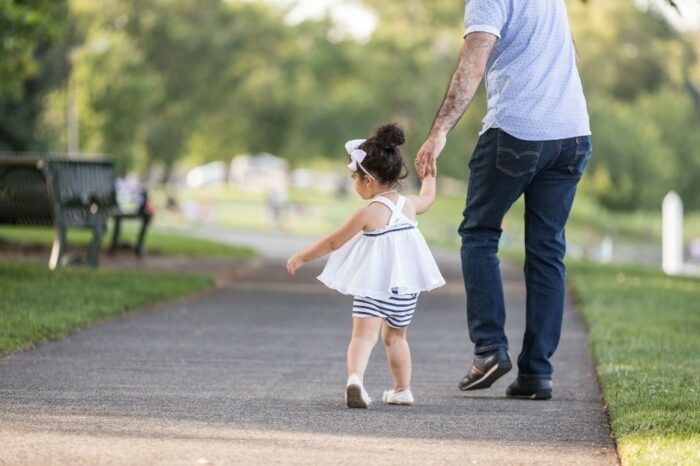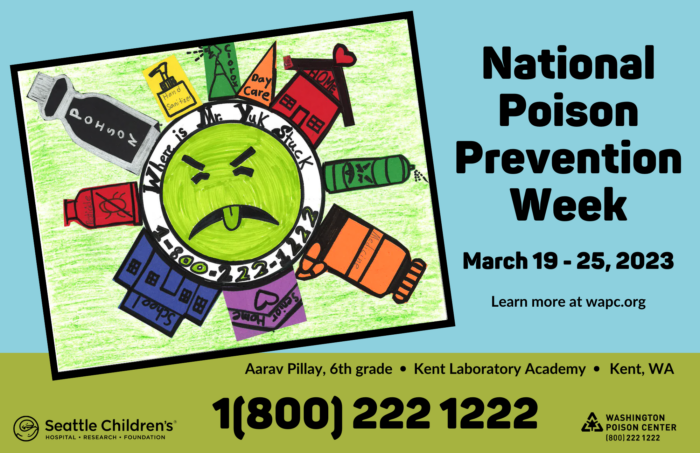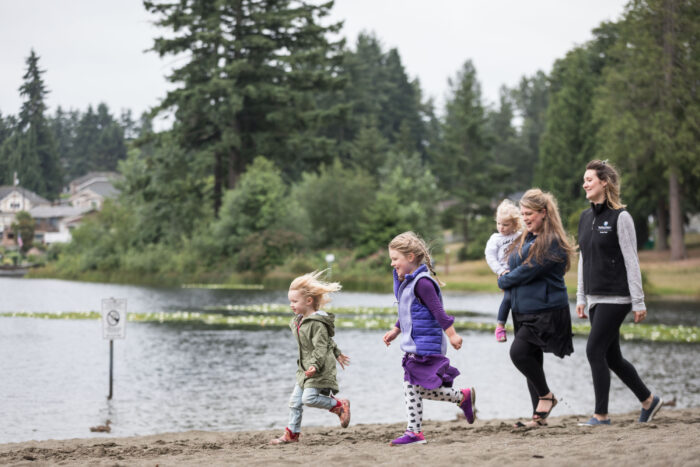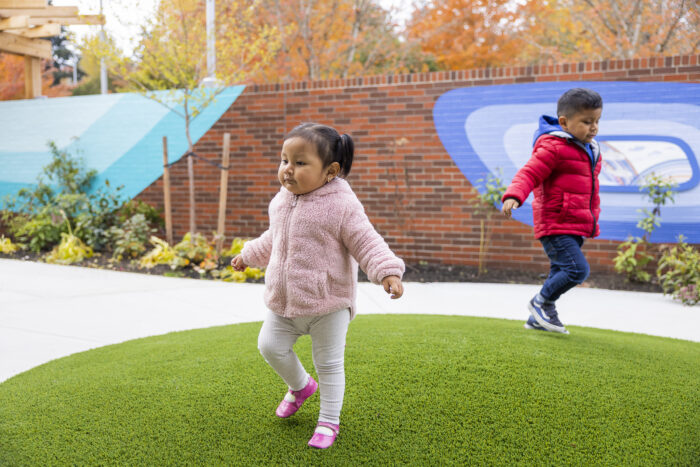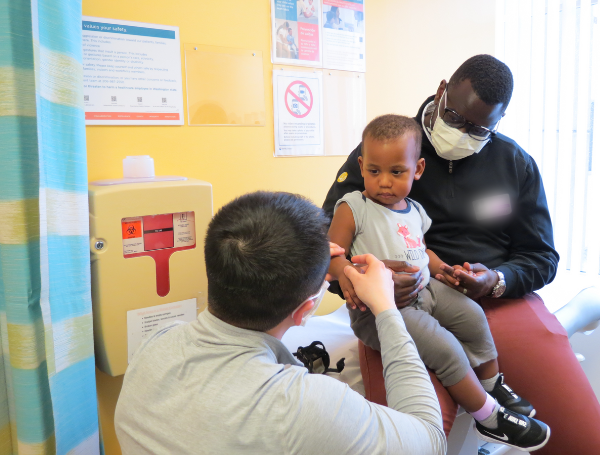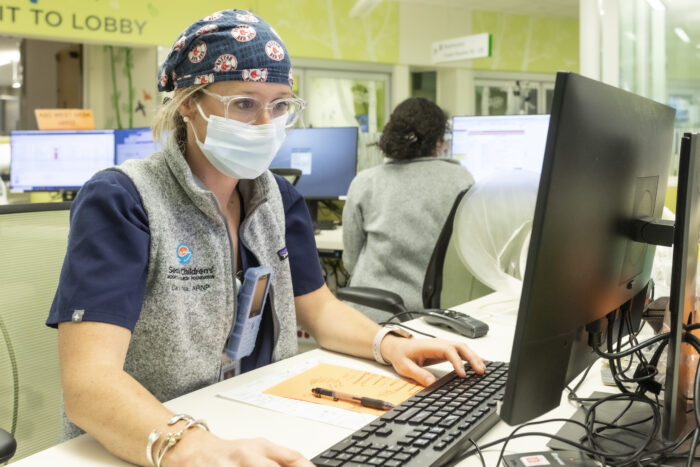Parents and children who have bike helmets and wear them for every ride are off to a good start. But do the helmets fit correctly? Proper helmet fit is vitally important in protecting against head injury whether riding through the neighborhood or commuting to school or work. A quick look around town reveals that many […]
Most people hope any trip to the emergency room will be a short stay, but many emergency rooms and hospitals in Washington, including Seattle Children’s, are where young people in crisis become stuck when they are unable to get connected to the kind of support they need. Last summer and fall, Seattle Children’s convened with […]
Warmer weather is cause for celebration in the Pacific Northwest, and many families choose to get outside to beat the heat and enjoy nature. If your activities take you on or near the water, use extra caution this time of year as water temperatures are very cold even when air temperatures are warm. Melting mountain […]
Stuffy nose, sneezing, and itchy or watery eyes are a few indications that a child may be suffering from allergies. These symptoms are most often triggered during the spring and summer months but it can sometimes be tough to differentiate the cause among other illnesses that tend to spread this time of year. On […]
Medicines can do a lot of good, but they can cause harm if they get in the wrong hands or are used the wrong way. This is true for both prescription and over-the-counter medicines. To be sure that medicines are both safe and effective, it’s crucial to follow dosing and safety rules. On the Pulse […]
There are a lot of ways to describe it: soft, hard, brown, green, runny and stinky. It’s a messy topic often discussed behind closed doors, but today, we’re breaking down what you need to know about poop – from its color, consistency and frequency, to what to do when a child is backed up. According […]
For some parents and caregivers with school-aged children, scheduled breaks throughout the academic year are a chance to kick back and relax while enjoying quality time without being on a tight, daily schedule. For many kids in the region, mid-winter break is here, and spring break is only a few months away. Though well-intentioned, interrupted […]
With a lack of summer sunshine, the ongoing days of winter and frigid temperatures can leave families and children feeling stuck indoors. However, it’s important to get outside, no matter the weather. Seattle Children’s Dr. Pooja Tandon encourages outdoor play, as it promotes opportunities for physical activity and motor development, boosts Vitamin D levels and […]
Throughout this season’s viral surge, Seattle Children’s Urgent Care team has been hard at work caring for a high volume of patients throughout its four locations in Bellevue, Everett, Federal Way and Seattle. The sites are open 7 days a week, including holidays, and recently expanded their reach by offering virtual urgent care services to […]
Beginning Jan. 18, 2023, Seattle Children’s is offering telemedicine for urgent care services for the first time. Virtual Urgent Care will expand services beyond our four in-person urgent care locations in Seattle, Federal Way, Everett and Bellevue to any eligible patient in the state of Washington. This new service will bring care even closer to […]




